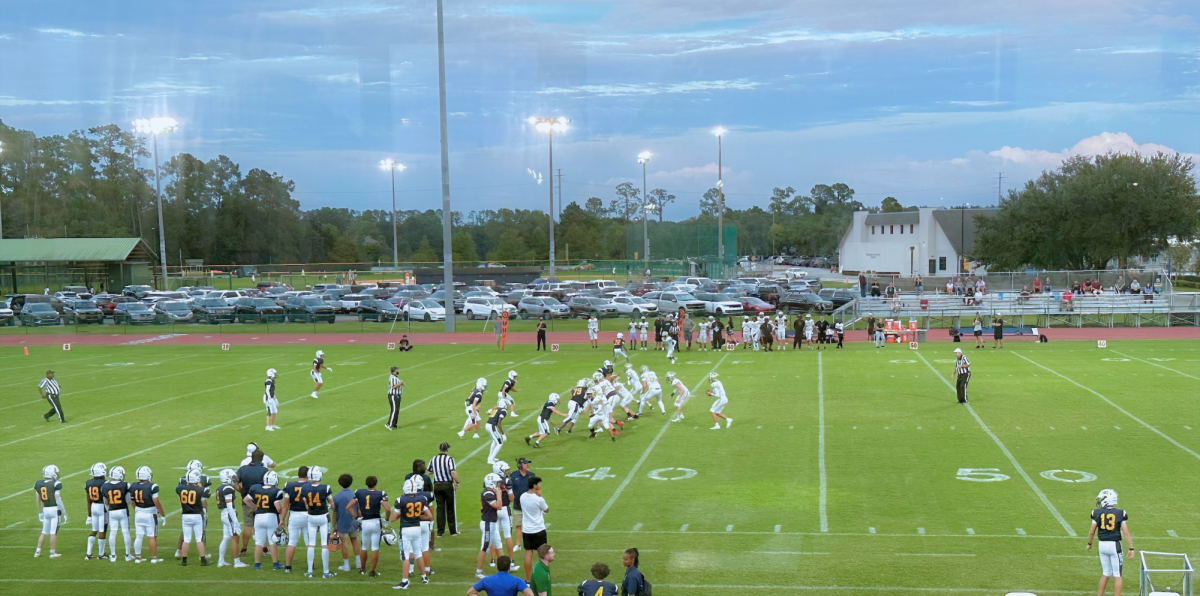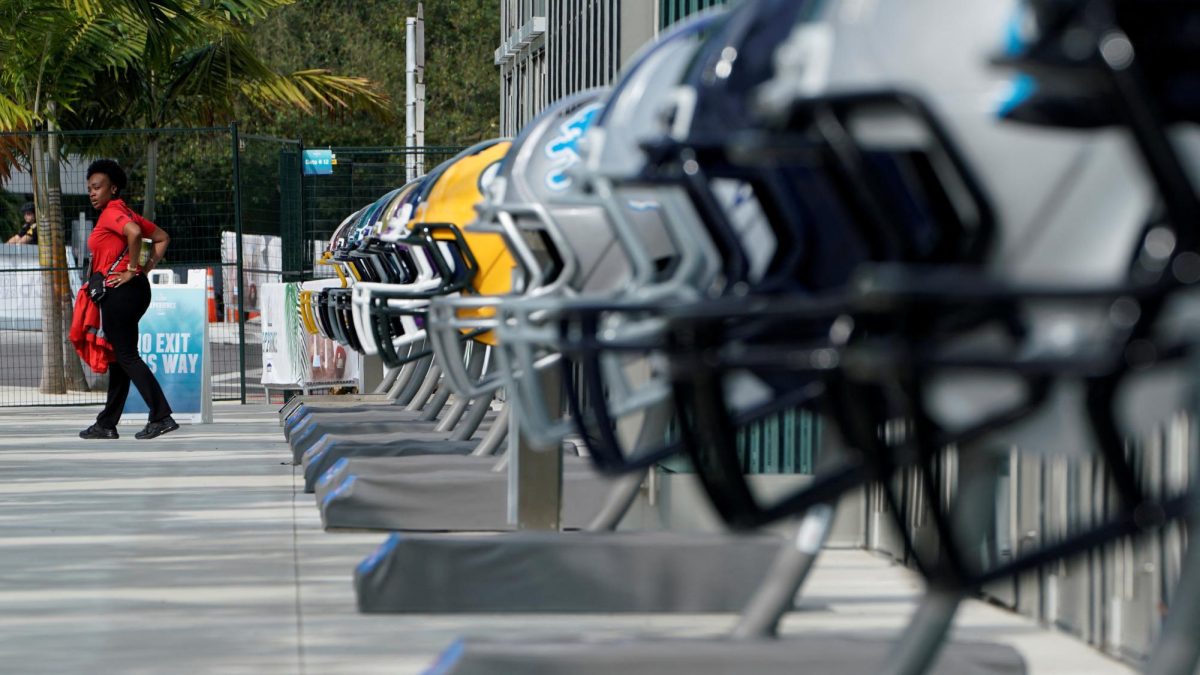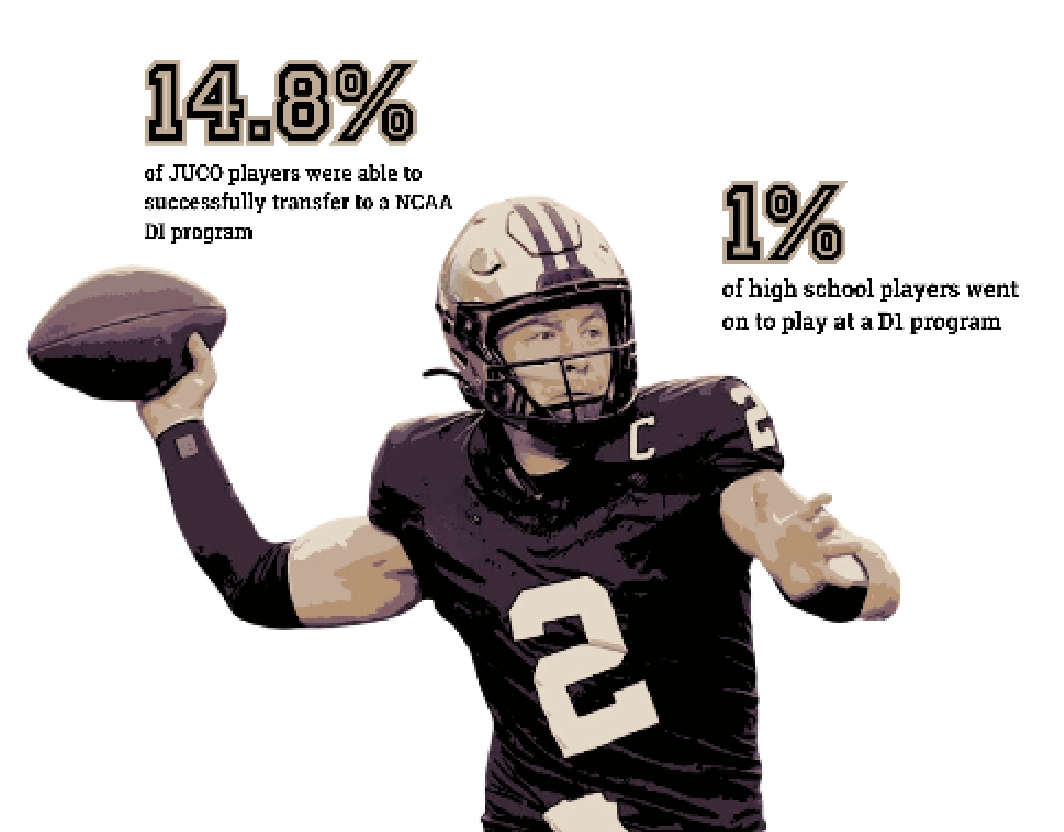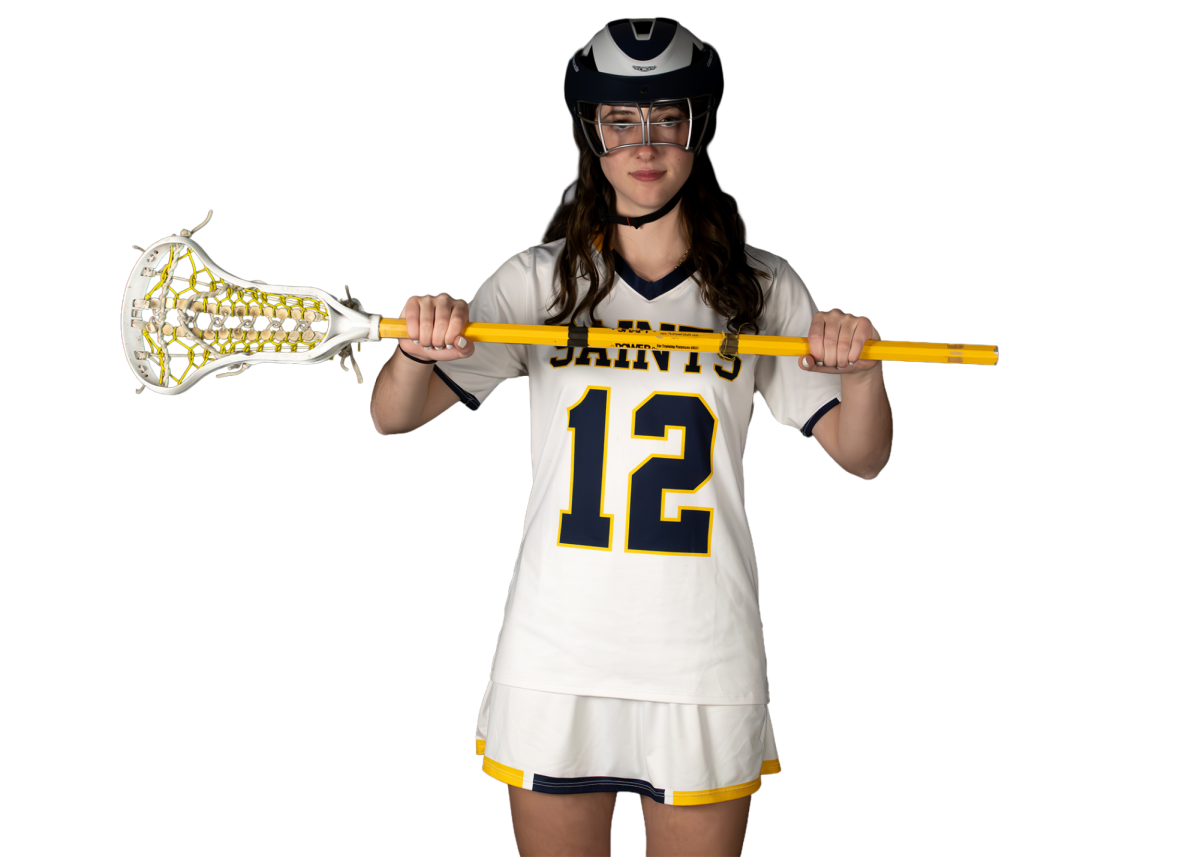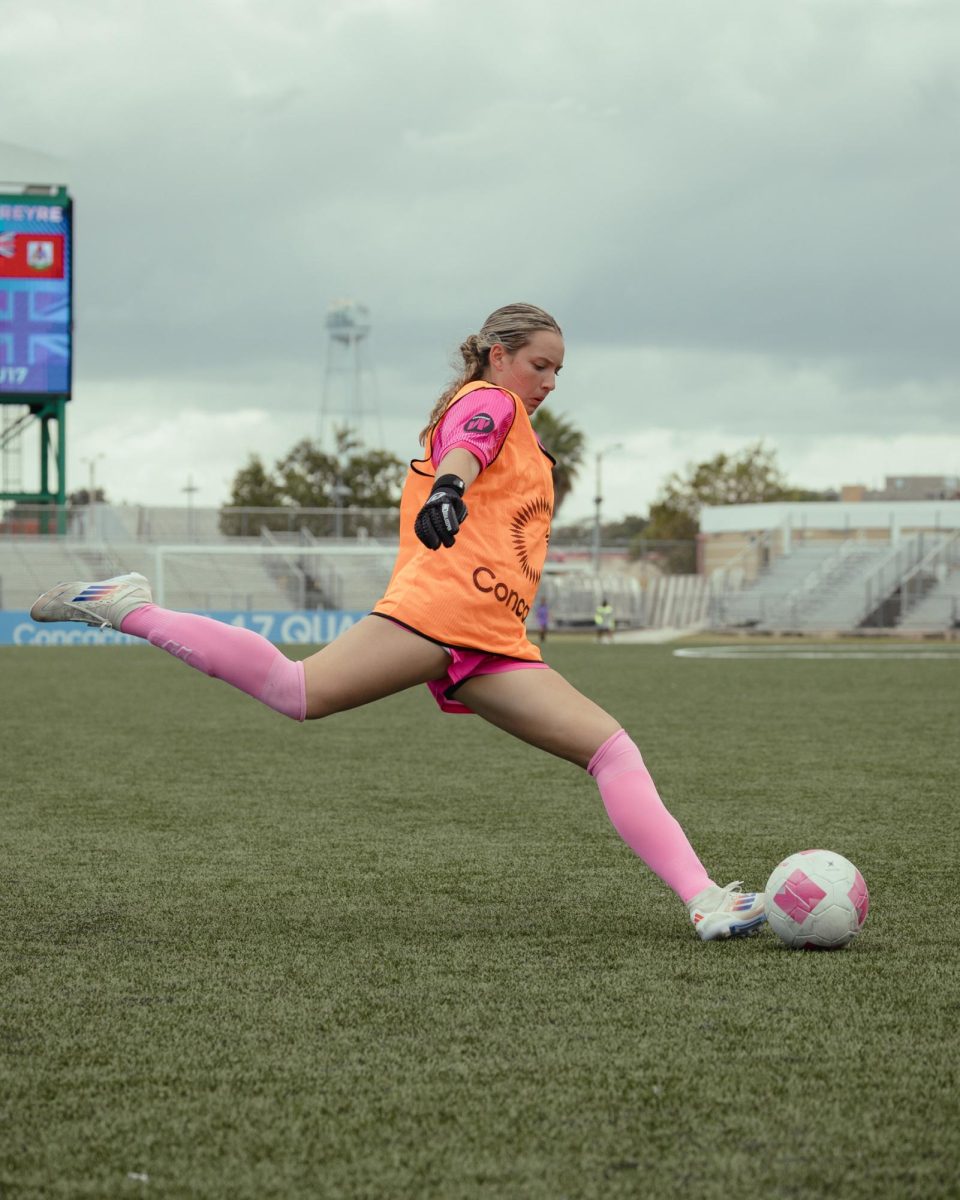The past few years have produced some of the greatest athletes Trinity Prep has ever seen. Competitors from several different sports achieved successful high school careers before deciding to continue their passion at the collegiate level.
The NCAA is a multi-billion dollar industry that relies upon unpaid student-athletes to bring in money. Each university makes a huge amount of money each year from athletics, and the players receive relatively little compensation. These student-athletes dedicate their lives to their sport, knowing that a single injury can derail their professional dreams in an instant.
However, participating in NCAA athletics is one of the greatest dreams of several young athletes on Trinity Prep’s campus. These young dreamers look up to college athletes and see the bright lights of stardom.
Some feel as though collegiate athletes are living the good life. They are immortalized by their peers, with seemingly endless benefits thrown their way at their command.
Others, however, see the situation differently. Many believe that the NCAA holds complete dominion over student-athletes. As the university prospers immensely off of their play, the participants don’t receive a dime of payment.
One of the great athletes of the past few years is class of 2012 graduate Michael Kalaman. After leading the Saints’ football team as a linebacker, Kalaman decided to attend Temple University to continue his football career.
Kalaman, like most NCAA athletes, enjoys the many benefits of being a student-athlete. His tuition, book fees, and living expenses are paid in full, and he is given free workout clothes and access to equipment.
While the benefits are certainly nice, Kalaman’s experience so far shows that college football is not just bright lights and easy living like it’s cracked up to be. Playing any sport at the college level requires an entirely new level of hard work and dedication in order to be successful.
Kalaman explained, “They treat it like a job. You have to be at meetings on time or you get in trouble for it. They also come to your classes to make sure you are there, and if you aren’t you have to do extra workouts at 5 a.m.”
Kalaman acknowledges that playing football in college is quite different from high school ball. “The main difference from high school is definitely the pace of the game; it moves a lot faster,” he said. “You’re no longer the one standout while playing. Everyone is the best of the best.”
When asked whether he feels as though he is being taken advantage of by the NCAA, Kalaman explained that it’s all worth it in the end. “I get a free education and free clothes. You know what you’re signing up for when you start college sports so it’s hard to say if they actually take advantage. The way I look at it is you can’t put a price on education, so I feel like it’s even.”
Several young Saints athletes look up to Kalaman as an example of what they could one day become. Kalaman’s message to young people everywhere trying to make it to the collegiate level is “Prepare and train yourself. It sounds cliché, but you have to realize it’s no longer just a hobby, it’s a job as well. Be able to have good time management as well because along with playing your sport you have the same amount of studies as anyone else.”
Griffin Jaworski is another former Trinity athlete pursuing his athletic dream at the collegiate level. Jaworski, a class of 2011 graduate, is currently running cross-country and track at Auburn University.
Although his sport is not as glamorous as football, Jaworski still receives a great amount of assistance from the university. “The benefits we get are amazing,” he said. “We are provided with pretty much everything we need to succeed not just on the track, but in the classroom as well.”
Whether academically or athletically, Jaworski and the other runners are treated well. They receive several types of shoes, access to a training room with advanced recovery technology, and money for their athletic travels. The student-athletes also get first pick for courses and free tutors to help them in the classroom.
Jaworski believes that the benefits are rewards for the hard work the athletes put in. “Honestly, we are pretty spoiled, but that’s because there’s such a big difference in competition from high school,” he said. “In college, especially at big meets, I am lining up next to guys that have just come back from the Olympics.”
The increase in competition only fuels Jaworski’s passion to improve. “I’m constantly surrounded by people who are on the verge of being the elite, being the best in the world,” he said. “It’s scary, but also encouraging as long as I hold my own and keep improving.”
Jaworski went on to say, “Aside from competition, the other biggest difference is the amount of time I put into it. I used to just be doing the work at practice, and that was pretty much it. But at this level, everyone does the work at practice, so then the difference has to become what you do after… It’s a ton of work, but it’s well worth it.”
But are there any negatives to the life of a collegiate runner? “For me, no, but that’s because it’s something that I really love and want to do,” Jaworski answered. “But for a lot of people, it gets to be a huge burden… A lot of times the pressure of performing well all the time can really mess with people.”
Our school has also sent some female athletes to major college programs in the last few years. Among them is Cat Galletti, a class of 2012 graduate who is now swimming for Notre Dame.
According to Galletti, the women’s teams get just as many benefits as the men. Galletti and her teammates receive issued gear, free academic tutors, exclusive study rooms and a dining hall, along with free travel across the entire country, from Miami to Hawaii.
Galletti echoes the statements of the other student-athletes when it comes the dedication it takes to make it in collegiate athletics. “Swimming in college is a job. You can’t randomly decide to skip practices or not go to meets; everything is mandatory,” Galletti said.
“Practices can be very competitive. The practices are also much more difficult and more often,” she continued. “Technically, the NCAA sets a 20 hour limit a week for the total mandatory practice times… and we always meet the limit.”
These alumni are the shining stars that Trinity’s young collegiate hopefuls look up to, but their experiences in college prove that NCAA athletics is not all fun and games.
Participation at a high level requires a higher rate of dedication and, as was repeated by all the athletes questioned, playing a sport in college is a job.
Being an NCAA athlete is not the right path for everyone, especially if your goal in college is to party and have a good time.
But as these athletes have proven, if you are willing to put the time in and truly love your sport, collegiate success, and maybe even some glory, may be in your future.




